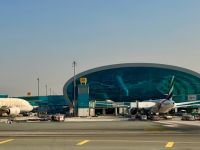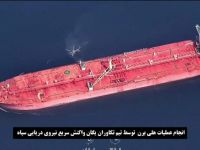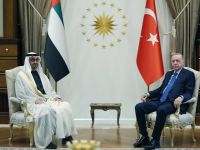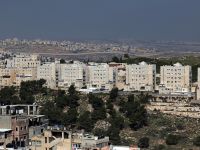After the demise of his father, Dr. Bashar al-Asad, the next president of Syria, must focus on rectifying domestic affairs, the economic predicament being first on the list. Syria’s economic performance in recent years has been uninspiring. Growth rates are sluggish and national resources are becoming considerably scarce. The country faces the hardship of creating enough jobs for the younger generation and attempts to diversify and modernize the economy have failed.
According to official sources, the local unemployment rate reached 9.5 percent in 1999. Nonetheless, this official figure does not accurately depict the Syrian labor market. In practice, the unemployment level is close to 20 percent. Accordingly, many Syrian job seekers are crossing the border over to Lebanon to earn a living. The foreign trade sector situation is also bleak. The total value of exports in 1999 amounted to less than $3 billion (mainly of crude petroleum and cotton), while imports hit nearly $3.8 billion.
A major barrier to Syria’s economic development has been the fact that potential foreign investors avoided this promising 17 million populated market. Altogether, incoming foreign investment into Syria was set at $100 million in 1999, most of which came from Syrian expatriates and Arab entrepreneurs. The newly established government, under Mustafa Mero, has been trying to address this issue and lately it decided to encourage investment from abroad by relaxing restrictions on land ownership.
This move was considered by local businessmen as a positive step in the right direction, in spite of the fact that many other measures still need to be taken into consideration in order to revive the fragile economy. A complete reform is required by the banking sector, which is still owned and operated by the state. In order to raise transparency and to convince foreign investors to enter the Syrian market, the government recently resurrected the idea of setting up a stock exchange. The establishment of such a bourse has been declared several times in the past, never to be materialized.
Since 1970, President al-Asad has strongly placed Syria on the Middle East political map. It became obvious that a comprehensive peace accord could not be achieved without finding a settlement to the Syrian – Israeli dispute. Nevertheless, the country’s economy and related infrastructure need profound modifications in order to bring prosperity to the average Syrian who earns an annual income of about $1,200. Dr. Bashar, who enjoys the support for the takeover, has exhibited signs of modernity and openness, and hopefully he will deliver the anticipated change that the Syrian business community has been calling for.
albawaba.com MEB editor







